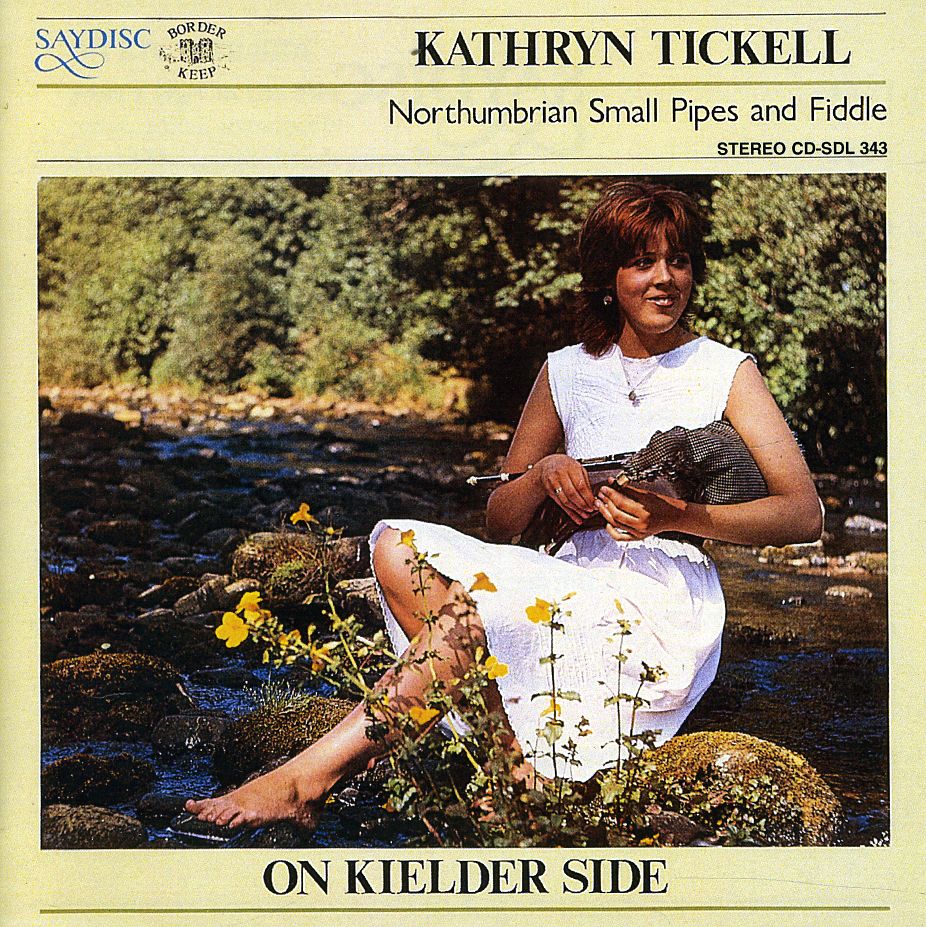
Hayes, Clay C.
product information
description
to the bow and arrow. I can't explain the pull of a camp fire either, or the ocean, or the open hills where you can see forever. It's just there. These things are in all of us I think, some vestige of our primitive past buried so deep in our genome as to be inseparable from what it is to be human. What we think of as civilization is a new experiment in the eyes of Father Time. Experts say that humans have been around for some fifty thousand years. We've been carrying the bow for maybe five thousand (atlatls and spears before that), and pushing the plow for maybe two thousand. We have been hunters forever. We are built to run, to pursue big game on the open savannas, to kill and eat them. With the dwindling of the Pleistocene mega fauna, mammoths and such, the bow became more important and indeed helped to make us who we are today. It still holds that attraction, same as the hearth. When I was a kid I would make crude bows from green plum branches, big at one end and small at the other. A discarded hay string would serve as a bowstring. My arrows were fat and unfletched and would scarcely fly more than a few yards, usually tumbling over in midair. The small creatures around our home were plenty safe. When I was about 12 or so my brother brought me two old Ben Person recurves he'd found at a yard sale. One was a short bow, probably no more than 48 inches and the other was more of a standard size. They both drew about 50 lbs if I recall. That fall happened to be a good year for cottontails around our little farm and I spent countless hours walking the fields and shooting at them as they busted from underfoot. Although I'd get several shots a day I never did hit one on the fly but I remember that fall fondly nonetheless. The pleasure of jumping rabbits and seeing the feathered shaft streaking toward them was a thrill I've never forgotten. I made my first "real" bow when I was in high school, after getting a copy of the Traditional Bowyers Bible in the mail (more on this in a moment). My first bow, a decrowned mulberry flatbow, broke within about 10 shots. The second held together quite well and is probably still around somewhere and capable of shooting an arrow, though it would probably draw about 70lbs. When I first started making bows I used the woods I had close at hand; mulberry, common persimmon, red maple, white cedar, etc. I'd probably made more than a dozen bows of various woods before I ever saw a piece of Osage. People often ask me where they can find a bow stave and, invariably, I tell them to use what they have close by. No matter where you live, you'll have something near that will make a bow. Go cut it down and get started. This book is an attempt to share some of what I've learned over my years of bow making. The Traditional Bowyers Bible series, as mentioned earlier, is still a great source of information. Why write another book on making wood bows you might ask? The simple answer is that there are so many ways of doing and explaining things. There are still unanswered questions and we'll cover many of them here. We will cover all of the most frequently asked questions, and lay out a simple plan that should guide you through the entire process, from finding a stave to stringing your bow and shooting your first arrow. Some of what you'll find here, you'll find nowhere else.
member goods
No member items were found under this heading.
Return Policy
All sales are final
Shipping
No special shipping considerations available.
Shipping fees determined at checkout.







